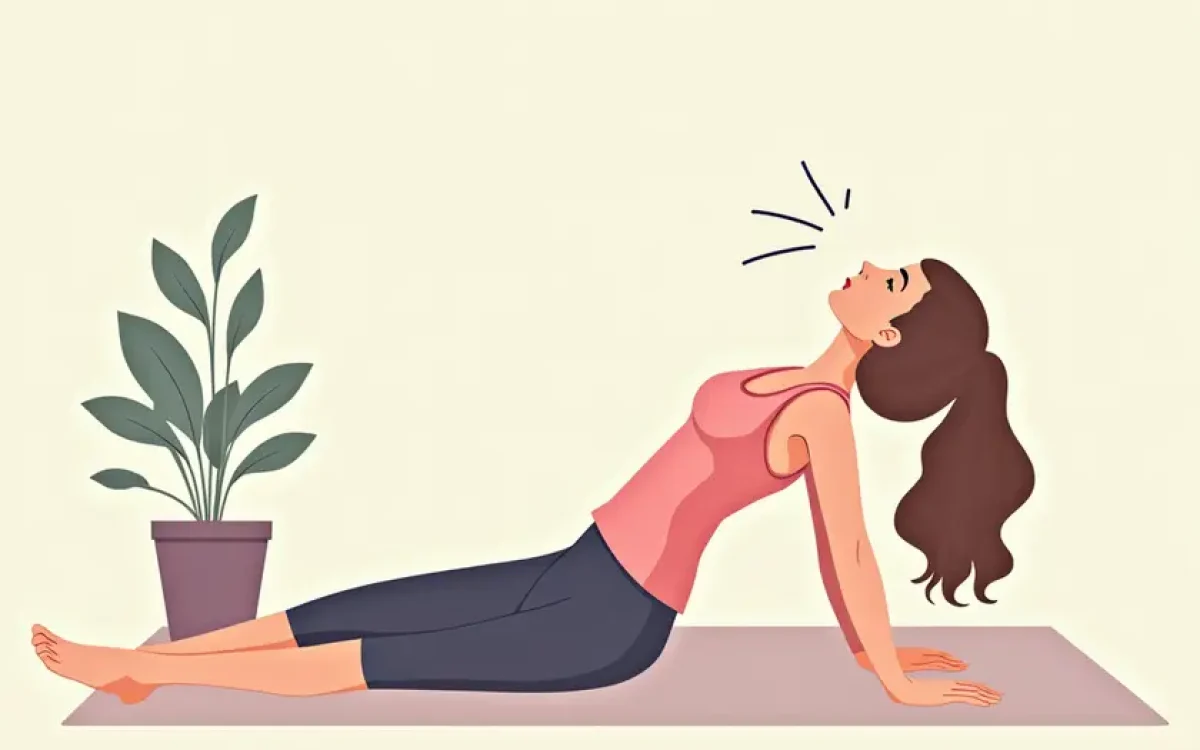Mastering Stress Management Techniques
In today’s fast-paced world, stress has become a common part of our daily lives. The constant pressure from work, relationships, and other responsibilities can take a toll on our mental and physical well-being. Learning effective strategies for stress relief, incorporating mindfulness into our daily routine, and building healthy habits are essential steps in managing and reducing stress levels. In this article, we will explore these techniques in depth to help you take control of your stress and lead a more balanced and fulfilling life.
Effective Strategies for Stress Relief
When it comes to managing stress effectively, it is essential to have a toolkit of strategies that work for you. Here are some effective strategies for stress relief:
- Exercise Regularly: Physical activity is a great way to reduce stress levels. Whether it’s going for a run, practicing yoga, or hitting the gym, find an exercise routine that you enjoy and stick to it.
- Practice Deep Breathing: Deep breathing exercises can help calm your mind and body. Take a few minutes each day to focus on your breath, inhaling deeply through your nose and exhaling slowly through your mouth.
- Get Adequate Sleep: Lack of sleep can contribute to increased stress levels. Aim for 7-9 hours of quality sleep each night to help your body and mind recharge.
- Connect with Others: Social support is crucial for managing stress. Reach out to friends, family, or a therapist to talk about your feelings and experiences.
- Practice Mindfulness: Mindfulness involves staying present in the moment and accepting your thoughts and feelings without judgment. Mindfulness techniques, such as meditation and body scans, can help reduce stress and promote relaxation.
- Set Boundaries: Learn to say no to things that overwhelm you and prioritize self-care. Setting boundaries with work, relationships, and responsibilities can help reduce stress and prevent burnout.
By incorporating these strategies into your daily routine, you can effectively manage stress and improve your overall well-being.
Incorporating Mindfulness into Your Daily Routine
Mindfulness is the practice of being present and fully engaged in the moment, without judgment. By incorporating mindfulness into your daily routine, you can reduce stress, improve your mental well-being, and enhance your overall quality of life.
Benefits of Mindfulness
- Reduces stress and anxiety
- Increases self-awareness
- Improves focus and concentration
- Promotes emotional regulation
- Enhances overall well-being
Ways to Incorporate Mindfulness
- Start your day with a mindfulness practice, such as meditation or deep breathing exercises
- Practice mindful eating by savoring each bite and being fully present during meals
- Take short mindfulness breaks throughout the day to check in with yourself and re-center
- Engage in activities mindfully, whether it’s walking, cooking, or interacting with others
- End your day with a reflection on moments of gratitude and mindfulness
By incorporating mindfulness into your daily routine, you can cultivate a greater sense of peace, clarity, and resilience in the face of life’s challenges.
Building Healthy Habits to Manage Stress
Managing stress is crucial for overall well-being. Building healthy habits can help you effectively cope with stress and maintain a balanced lifestyle.
1. Prioritize Sleep
- Ensure you get 7-9 hours of quality sleep each night.
- Create a relaxing bedtime routine to improve sleep quality.
2. Stay Active
- Engage in regular physical activity to reduce stress levels.
- Choose activities you enjoy, such as walking, yoga, or dancing.
3. Eat Well
- Consume a balanced diet rich in fruits, vegetables, whole grains, and lean proteins.
- Avoid excessive caffeine, sugar, and processed foods that can impact your mood.
4. Practice Relaxation Techniques
- Try deep breathing exercises, meditation, or progressive muscle relaxation.
- Find what works best for you to unwind and destress.
5. Connect with Others
- Build a strong support system of friends and family members.
- Share your feelings and experiences to feel understood and supported.
6. Set Boundaries
- Learn to say no to commitments that cause you stress or overwhelm.
- Prioritize your mental and emotional well-being by setting boundaries.
By incorporating these healthy habits into your daily routine, you can effectively manage stress and improve your overall quality of life.






